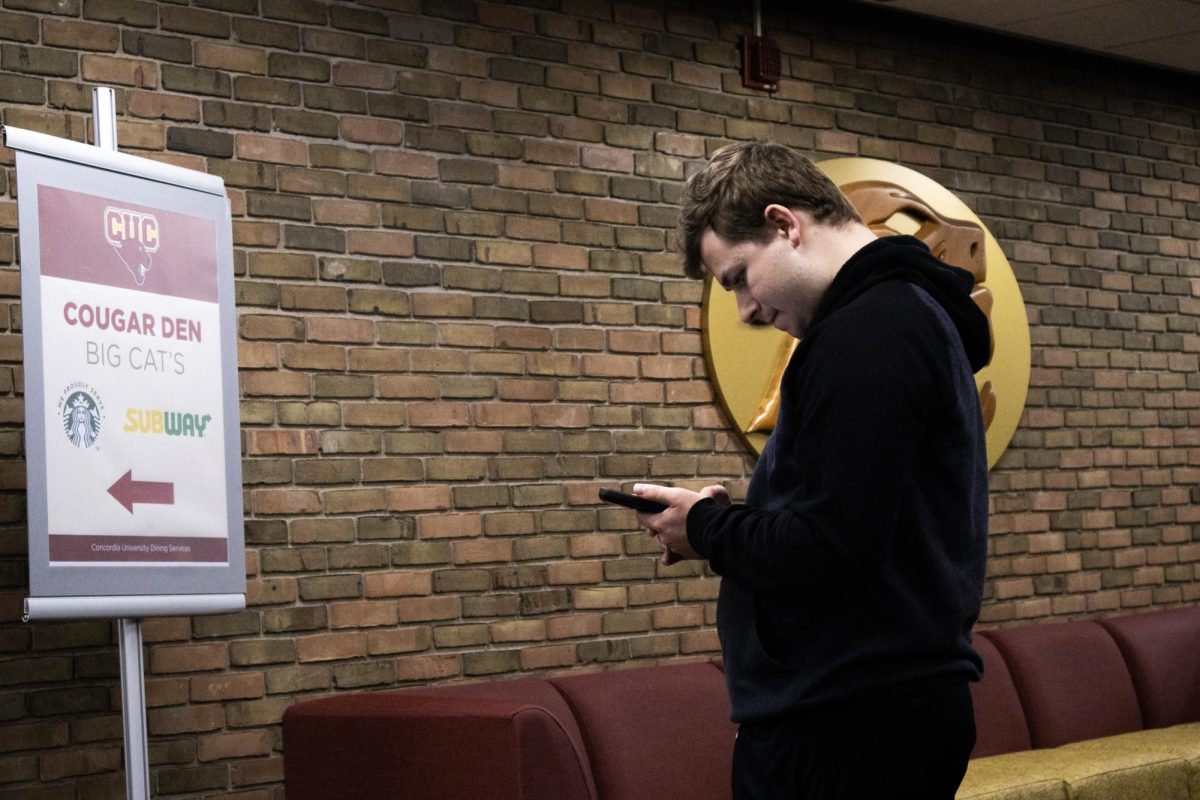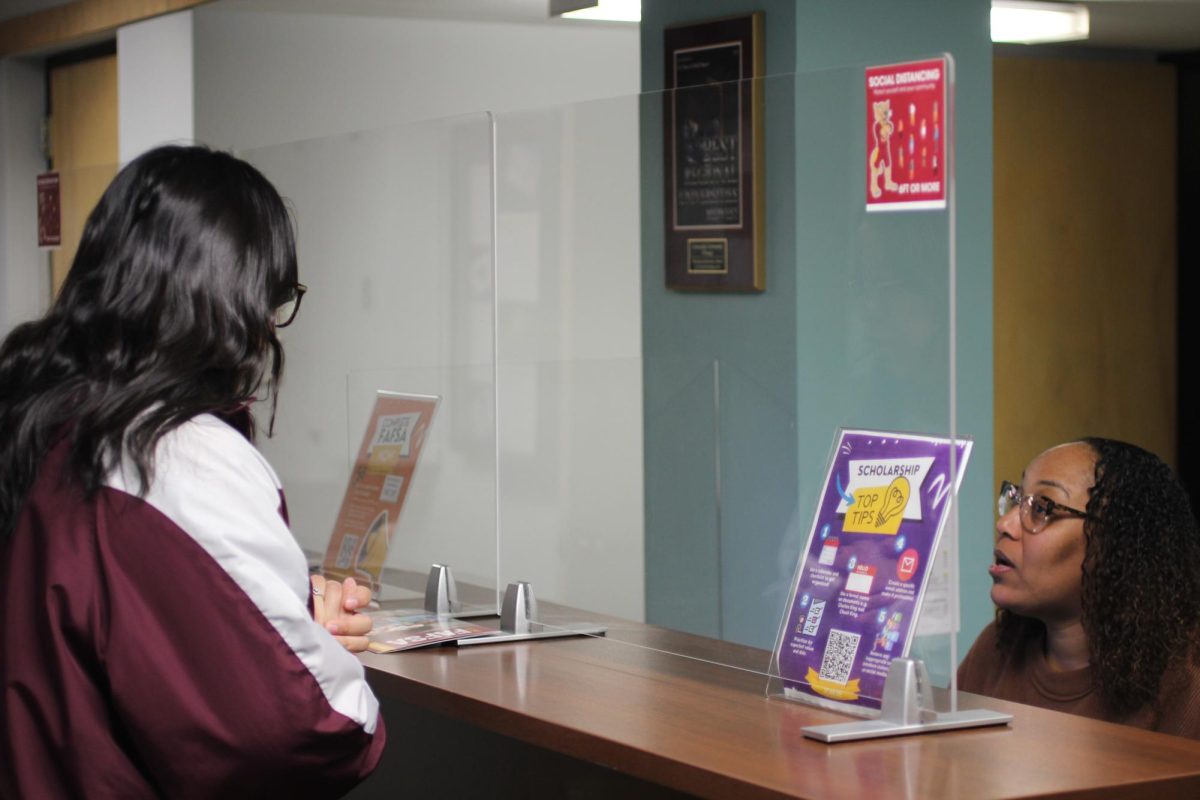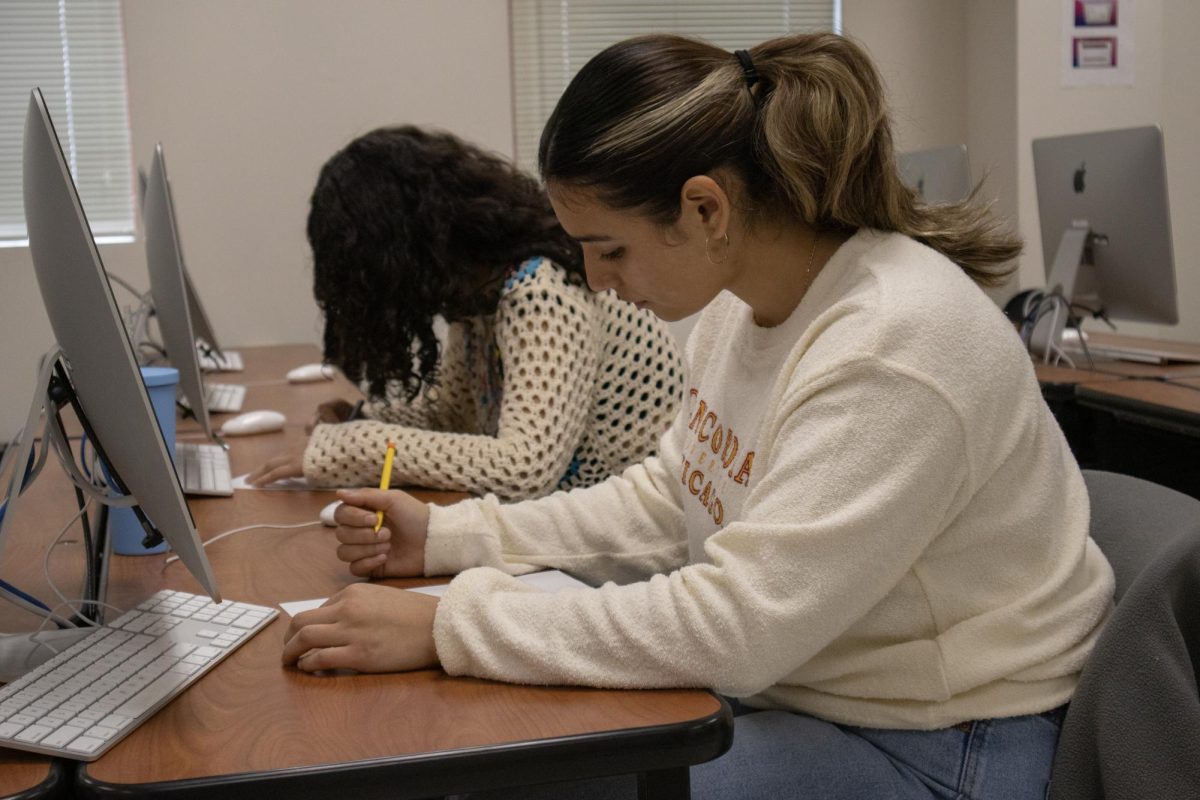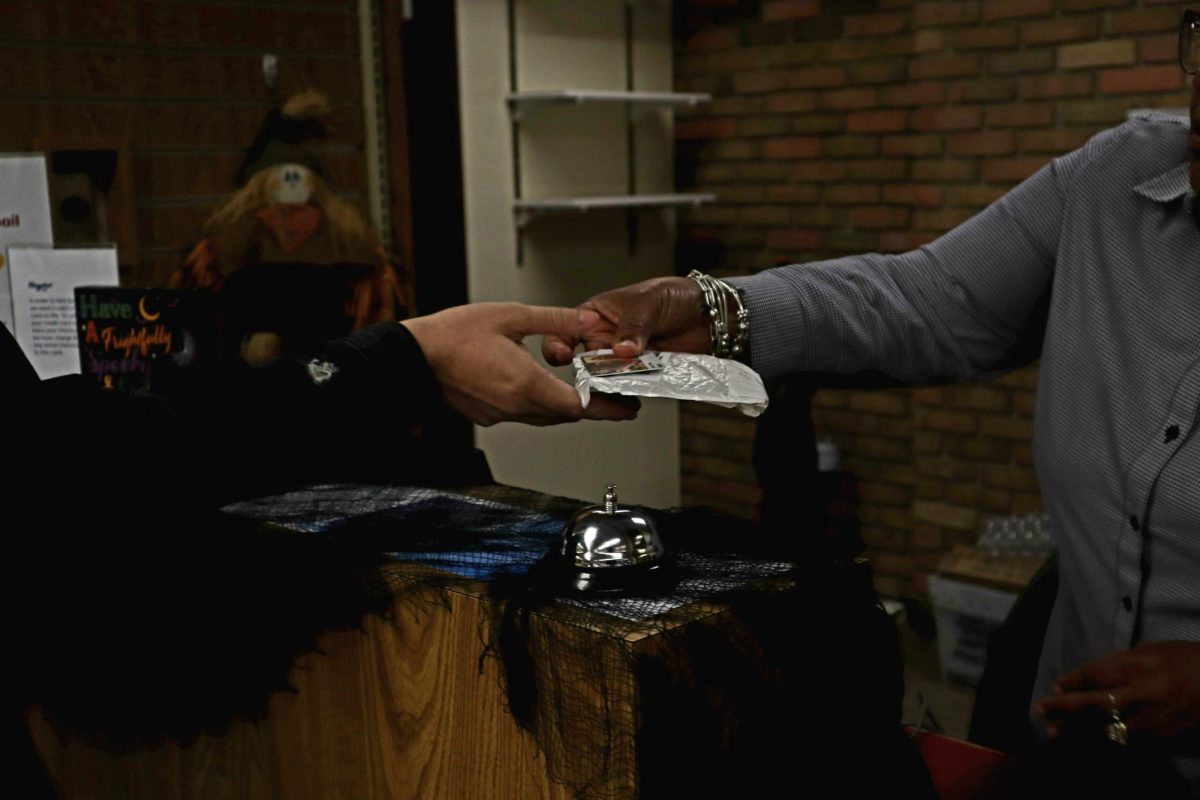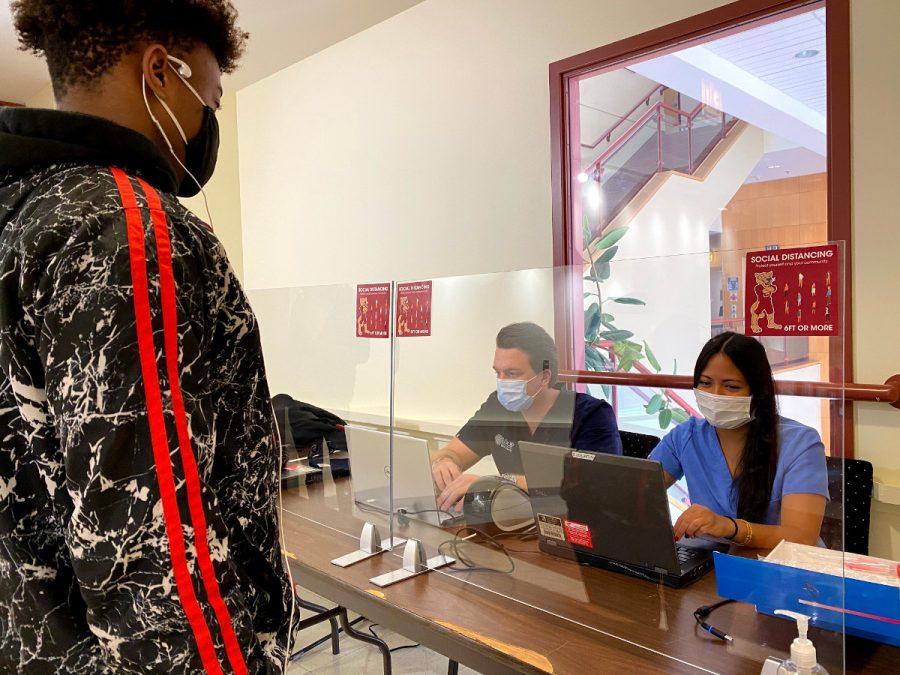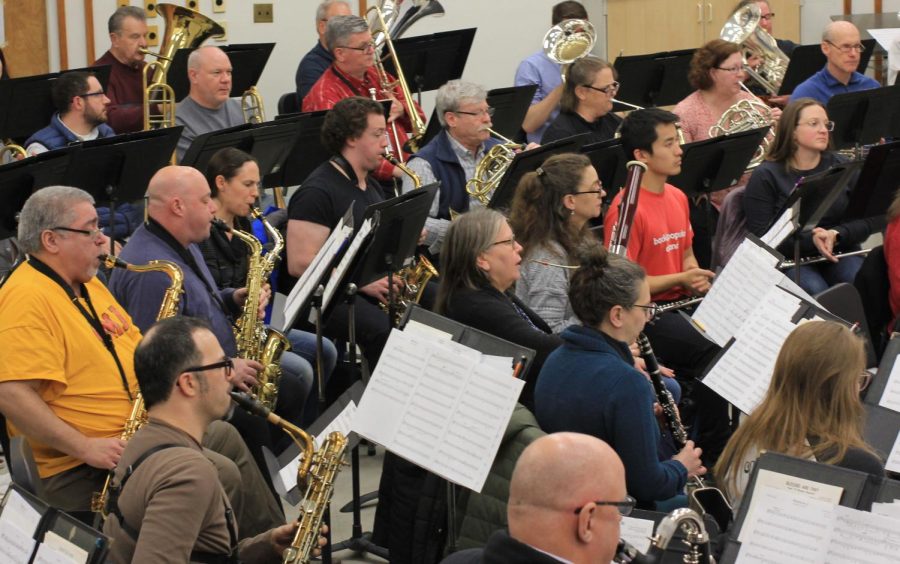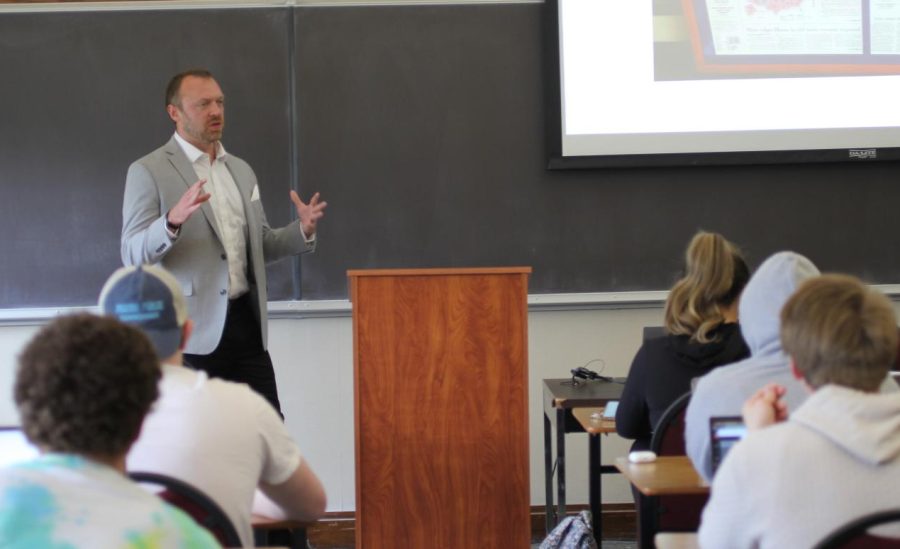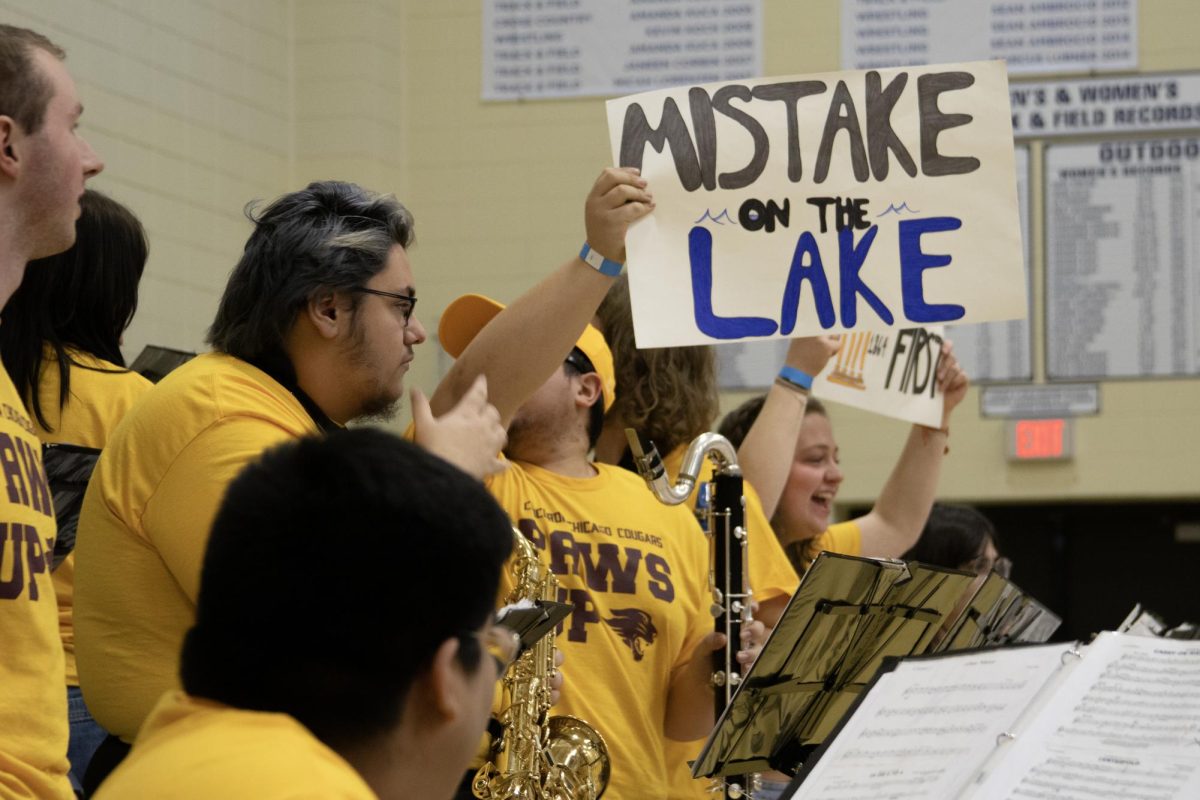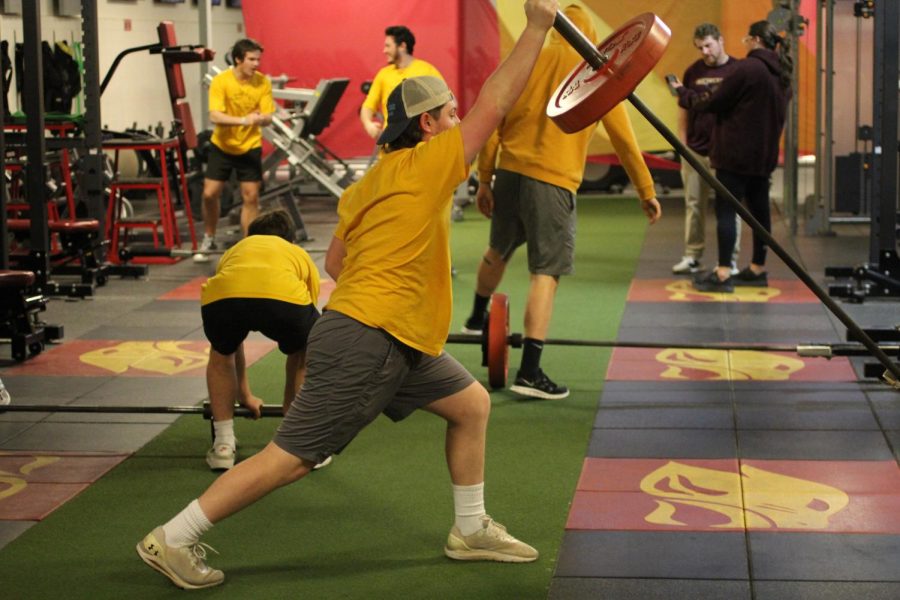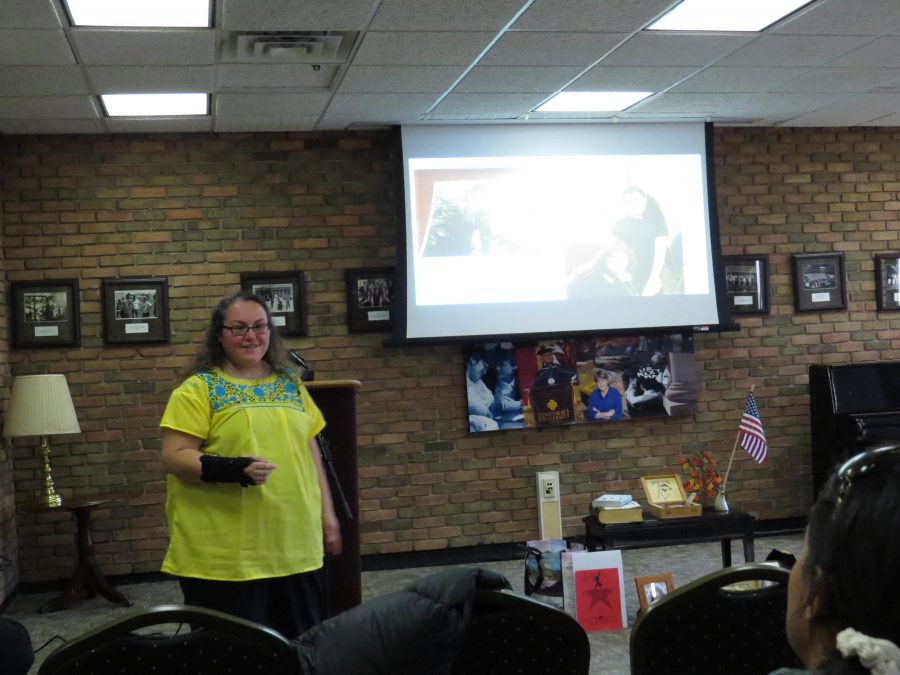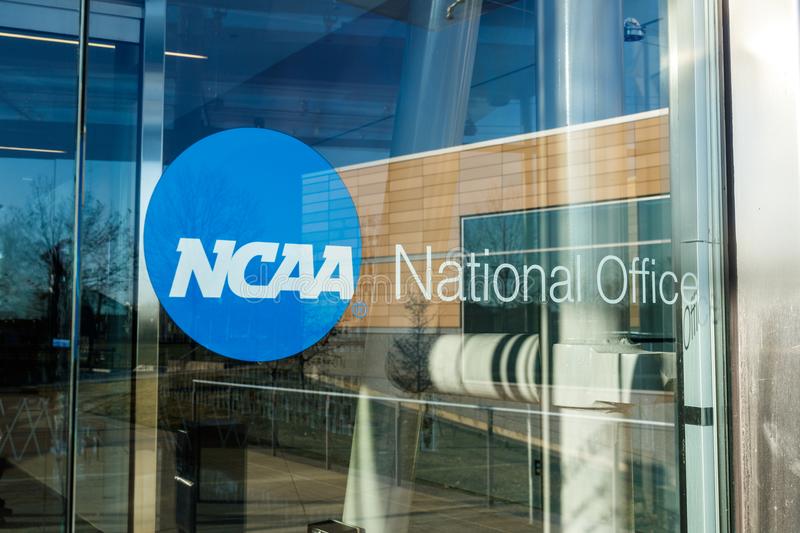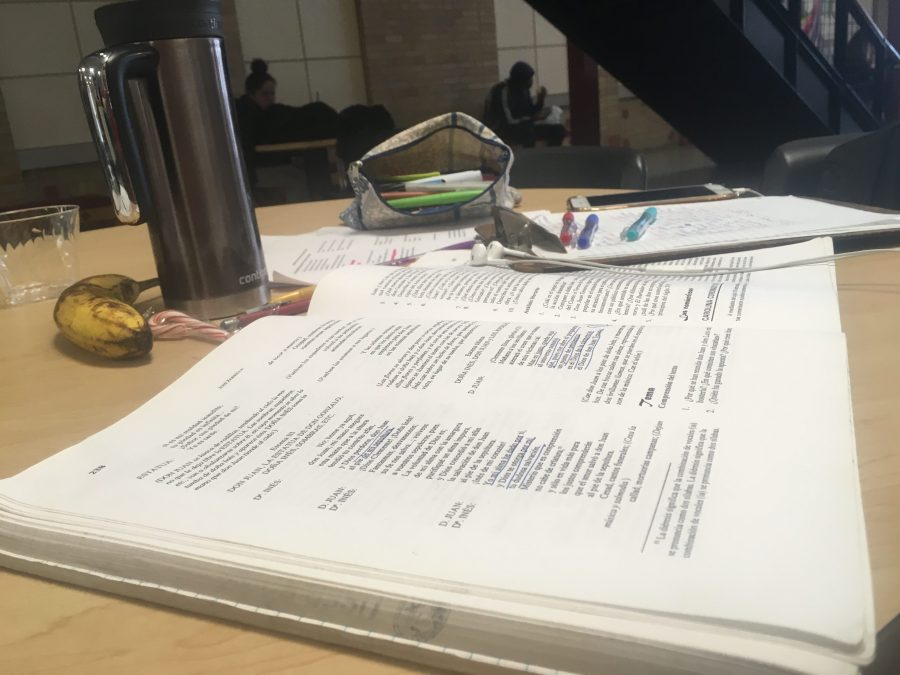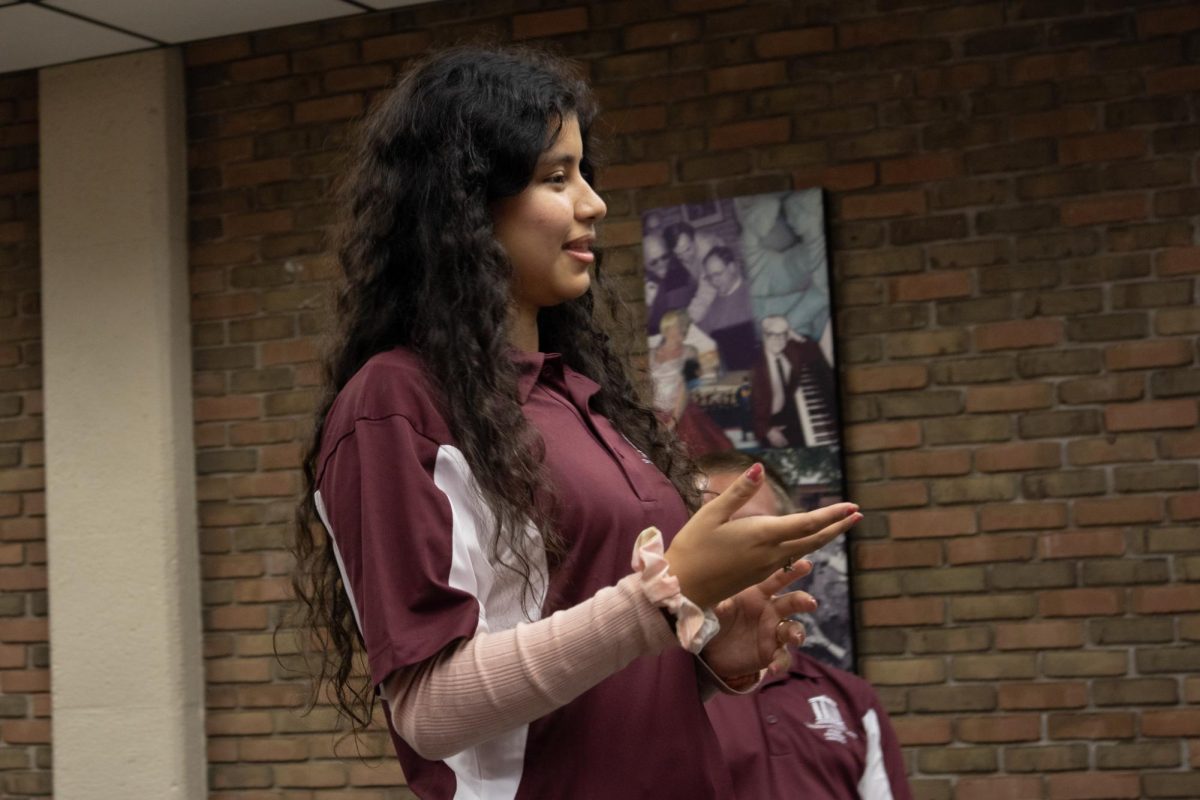Written by Karina Kosmala
Academic Early Warning: a phrase that most students are familiar with and hopefully never have to personally encounter when taking any course(s) in college.
The Academic Early Warning is issued to students when a professor sees that the student is falling behind in the course. Once the professor submits the Academic Early Warning for that student, the student receives an automatic email notifying them. The team that is in charge of the Academic Early Warning System would contact the student and try to suggest ways to help them improve in their courses that will specifically work for them.
Some students associate the Academic Early Warning System with a negative connotation rather than a positive one, which Mia Garcia-Hills, the Associate Dean for Student Success, hopes to change.
“What we don’t want students to think is when they get a warning that they’re in trouble. We want them to feel like this is an opportunity for us to help whatever students situation may be. That it’s an opportunity for us to help the students. Unfortunately, the majority of students who receive a warning don’t respond and they don’t ask for help, and they don’t acknowledge that we emailed them. We have a whole team of people who try to help out with getting students the help that they need..” said Garcia-Hills.
One of these suggestions can include withdrawing from the course. However, an Academic Early Warning System can be issued at any time in the semester, including after the withdrawal deadline. Despite that, it doesn’t mean that the student is necessarily out of options and alone in finding one.
“What we are trying to do is encourage our faculty members to say when they’re submitting their warnings… And so in my outreach to the student at that point, I’m making sure to include things like, ‘Hey this person [would benefit] from using a peer tutor. Or this person would benefit [from] going to the math center.’ And I’m making sure to include things like, ‘this is how you can request your peer tutor,’ and with that it’s really easy, because they just do it online, and they can schedule it and it’s based on the student’s schedule and it’s not based on [peer tutor] hours like they try to make it so the peer tutor’s available to the student’s when they need them…” said Garcia-Hills.
In some cases, that might not guarantee that the student will pass the course, but the student shouldn’t consider it as a defining point in their life. There might be other factors in the student’s life that are causing poor performance in the student’s academics where counseling might help.
“I think that in doing the work with this early warning system that for those students in particular who are receiving warnings after the withdrawal deadline, that they feel the sense of ‘I have no ability to control anything right now’, it’s really just about counseling the students. Letting them know that if they are in a situation where they know for sure, that they are going to fail a class, that failing a class isn’t meaning you’re failing at life…that sometimes when we fail at something it’s actually one of the best learning experiences that we can have, it teaches us a lot about ourselves and just trying to help students… think about, ‘ok, next semester is brand new, I get to start over again.’ That’s not always true with everything else that happens in your life…” said Garcia-Hills
It all starts with communication. Communicating with the Academic Early Warning System team or the professor to come up with a plan to help the student find a resource that will best work for the student.


